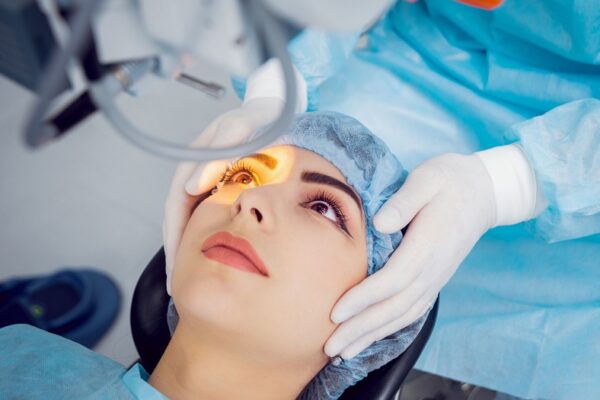Looking through foggy or frosty windows is similar to seeing through blurry lenses for those with cataracts. It can be difficult to read, drive a car (especially at night) or notice the expression on a friend’s face if your vision is clouded by cataracts. Most cataracts are slow-developing and don’t affect your vision until they’re well advanced. But eventually, cataracts will cause your vision to be impaired. Cataracts can be treated with brighter lighting and spectacles at first. Cataract treatment (การ รักษา ต้อกระจก มี กี่ วิธี, which is a term in Thai) may be necessary if your eyesight becomes too blurred to carry on with your daily routine. In most cases, cataract surgery is a safe and effective therapeutic option.
Causes
Most cataracts are caused by ageing or injury to the eye’s lens tissue. Vision becomes hazy or murky as proteins and fibres in the lens degrade. Cataract risk can be increased by certain inherited genetic abnormalities that cause other health issues. If you have diabetes or another medical condition, you are more likely to develop cataracts, as well as other eye disorders or surgeries in the past. Cataracts can occur as a side effect of long-term usage of steroid medicines. Cataract treatments are available on the market today, so don’t worry about it.
Symptoms
Cataracts can impair only a small portion of the eye’s lens initially, so you may be completely unaware of any vision loss. Light passing through your lens becomes increasingly distorted due to a cataract’s growing cloudiness. As a result, some of these symptoms may become more noticeable. However, you should begin cataract treatments as soon as you learn about it.
Treatment
If you have cataracts, consult with your ophthalmologist to see if surgery is an option. As soon as your cataracts begin to impair your regular activities, such as reading or driving at night, your eye doctor will likely recommend that you have cataract treatments. When it’s time for cataract surgery, the decision is up to you and your doctor. Cataracts are normally not dangerous to the eyes, so most people don’t need to rush to have them removed. However, some medical disorders, such as diabetes, high blood pressure, or obesity, might accelerate the progression of cataracts. If you decide to have cataract treatments in the future, postponing the procedure will have no effect on how well your vision recovers. Talk to your doctor about the pros and downsides of cataract treatments.





